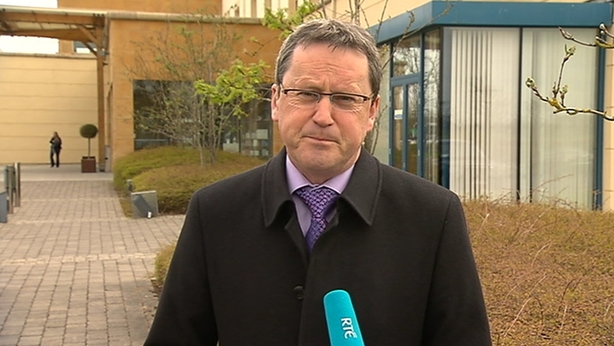I really hope this Brexit thing turns out just like that so-called "millennium bug", writes RTÉ's Agriculture Correspondent George Lee.
Remember that, the Y2K catastrophe?
It was the problem caused by the fact computer programmers represent a four-digit year with just its last two digits.
That was supposed to mean that computers should not be able to distinguish between the year 1900 and the year 2000, both of which would be represented by the digits "00".
All sorts of mayhem was expected for stock markets, air traffic controls system, security systems, and the world of banking was supposed to be at risk of collapse.
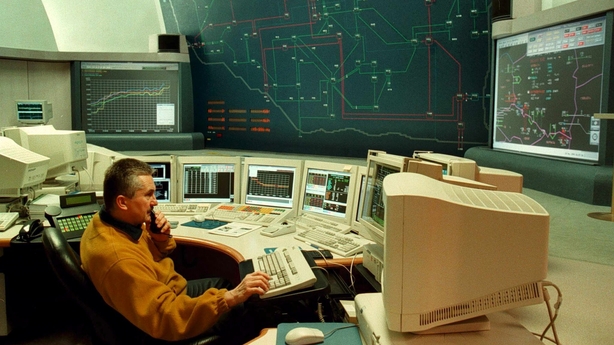
In the end it all turned out to be a false alarm. Hardly anything went wrong. The world didn't end.
If anything it felt a bit like the April Fool's joke of the century. We had spent months and months and months worrying and talking and reading about the problem and then it went off like a damp squib.
Well I'm praying that Brexit goes the same way as that "bug".
I'm hoping that on 23 June British voters will have the good sense to stay put in the European Union. At least it would make good sense for me if they stayed.
Of course I fully understand and appreciate that there are many in the UK who, for their own good reasons, see things differently to me. They have a good right to vote whatever way they want.
But from an Irish point of view, there is just no upside to Brexit.
In fact there is much to fear from it.
It would be a disaster for Ireland - a costly and disruptive economic setback for Ireland, and it could wind back a lot of what has been achieved in the terms of an all-island economy.
The impact of the UK on Ireland's agri-food industry is massive.
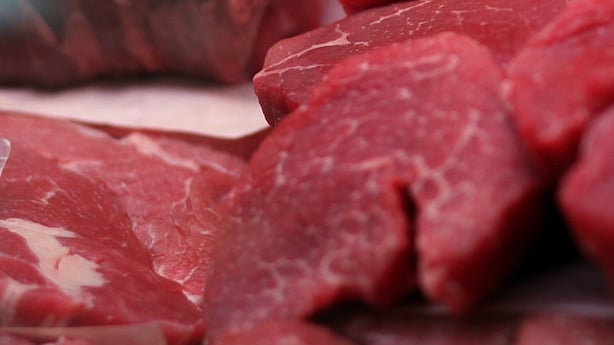
Depending on how you chose to define it, Britain takes 41-51% of Ireland's agri-food exports.
It also accounts for an equally large proportion of the country's food imports.
In all, about 50% of Irish beef, 30% of Irish cheese, 60% of Irish pork meat, and virtually all of €300m mushroom exports end up in Britain.
If the UK were outside of the EU, the cost of doing this trade would go up, and the rules for the exchange of these goods would become more cumbersome.
The expectation is that outside the EU, the UK would be free to revert to its traditional cheap food policy and would free up its borders to food from all corners of the world.
That means cheaper beef from North and South America, cheaper lamb from New Zealand, cheaper products from Australia and lots of other places where farm practices are not as tightly regulated as they are in Europe.
Irish products would definitely face far greater competitive pressure in the market of our nearest neighbour.
Our own State agency, Teagasc, has evaluated the likely impact this might have.
What they found is quite scary.
Their conclusion - on the basis of reasonable assumptions – is that 21.5% of Irish agri-food exports to Britain would be displaced by cheaper goods from third countries.
They also calculated that to find new markets for those products outside of the UK, Irish producers would have to cut the price of their displaced goods by an average of 15%.
All that would be very costly. It could possibly cost Ireland over €800m a year with multiplier effects right throughout our rural economy.
And there is no way we could expect to negotiate some special trade deal with the UK. Because when it comes to trade negotiations, we are part of the European Union and cannot do separate trade deals on our own.
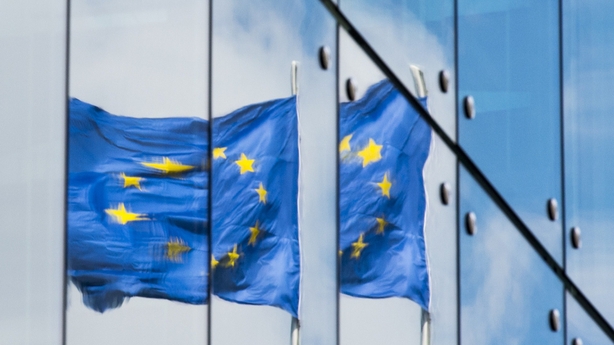
We would go backwards for sure. Imagine. Custom posts again between North and South on our island.
Officers would be checking the rules of origin for ordinary goods, checking for import licences for all sorts of stuff coming from the UK.
Right now you need an import licence to bring in things such as beef and veal, cereals, milk, poultry, sugar, garlic, rice, and other products from countries outside the EU.
If Brexit were to happen, then that would include bringing in these goods from the UK.
Imagine the bureaucracy, and the paperwork, and frustration over having to check compliance with diverging rules about food labelling and marketing standards.
New barriers would emerge over time in relation to animal health and safety.
Irish meat factories would need veterinary certification by both the British and Irish authorities.
Very significant problems would emerge over differing attitudes to things such as genetically modified organisms, including seeds and plants and animals.
There would be big issues too over differences in rules and regulations about pesticides and plant passports.
But perhaps most counterproductive of all would be the imposition of tariffs, or import taxes, on goods brought in for the UK, including Northern Ireland.
The European Union currently imposes tariffs on over 2,000 agri-food product lines.
Included in the list are 351 animals and animal products, 152 dairy products, 501 fruit, vegetables and plant products, 44 sugar and confectionery tariffs, another 303 on beverages, spirits and tobacco, and many more.
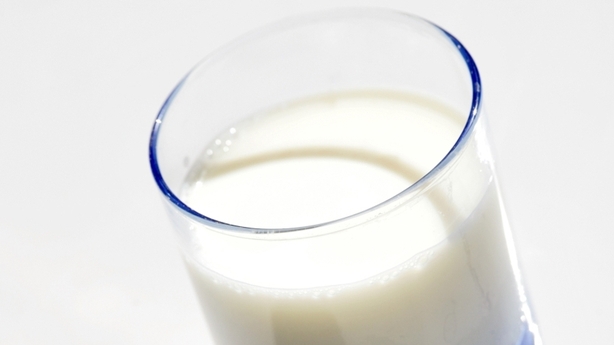
The thought of all that trouble should be enough to make one shudder.
Take for example the case of milk.
We import about 600 million litres of milk per year from Northern Ireland and the UK, to ensure we have fresh milk on our tables all year round.
But the EU tariff on milk is in the region of 18 cent per litre.
Imposing an additional charge like that would devastate the cross-border trade and have significant knock-on effects on the structure of our domestic milk market.
And all of that is just the obvious stuff.
I don't doubt for a second that very many other issues would arise, none of which would be good for Ireland.
Our trade, our jobs, and our ability to sustain our standard of living would all suffer.
That is why I really am hoping that Brexit turns out to be a very close relative of that old "millennium bug".
By RTÉ's Agriculture Correspondent George Lee
